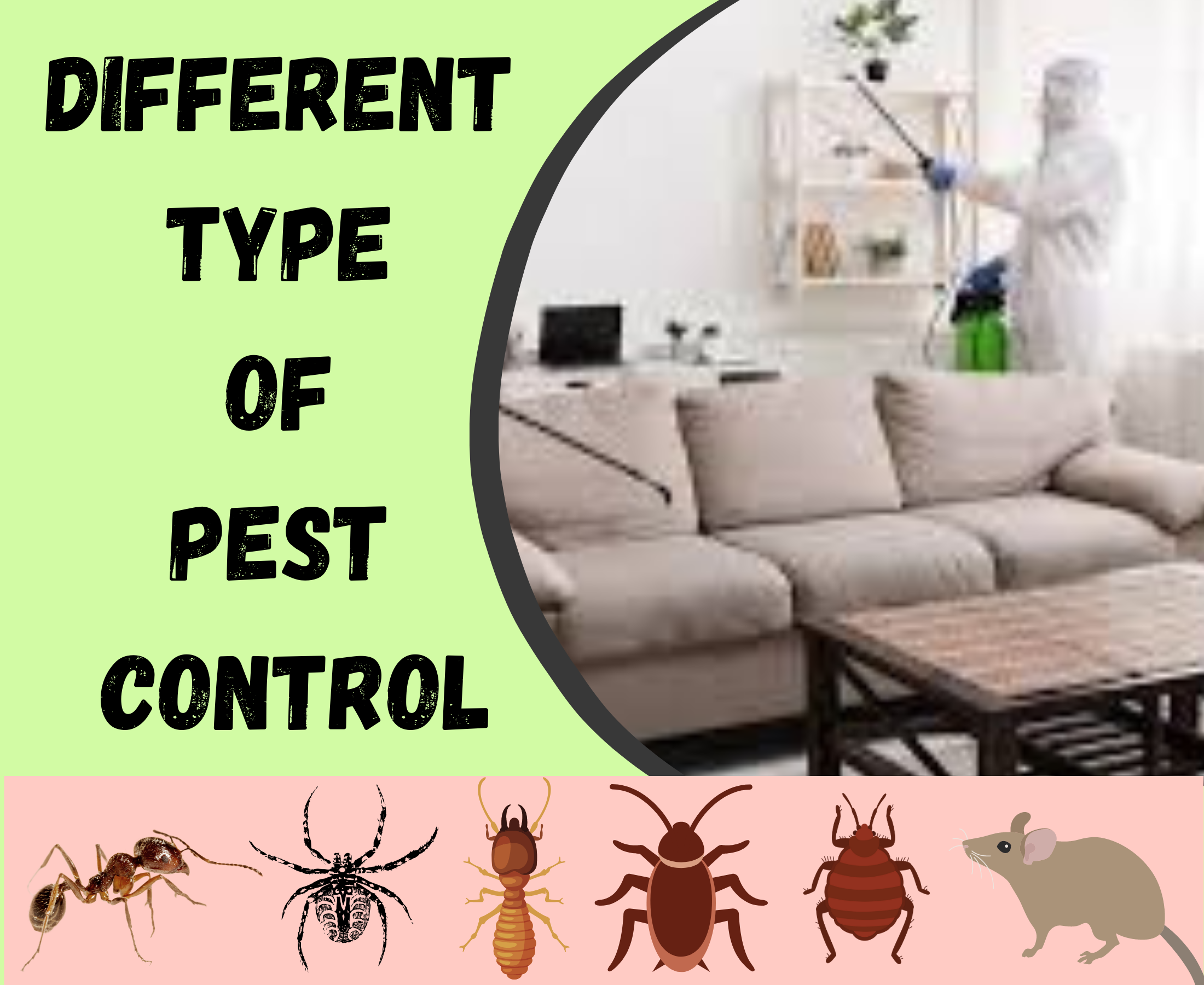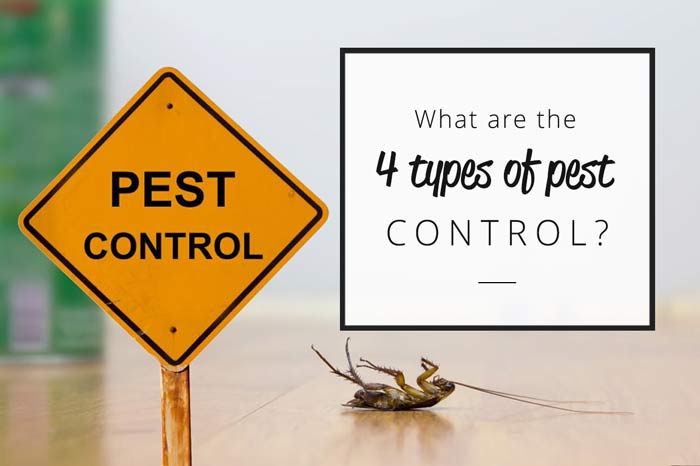The Buzz on Pest Control
The Buzz on Pest Control
Blog Article
4 Easy Facts About Pest Control Shown
Table of ContentsThe Main Principles Of Pest Control Not known Factual Statements About Pest Control The Definitive Guide to Pest ControlAll about Pest ControlThe Pest Control Statements
Limitations of Chemical Administration Be able to evaluate pest issues, figure out if administration is needed, and make proper suggestions making use of IPM methods. Be acquainted with various techniques of pest management - their advantages and restrictions.This phase talks about (IPM), a technique that uses expertise concerning insects and their, methods, nonchemical techniques, and pesticides to handle insect problems. Added details regarding IPM for particular plants is consisted of in chapters that focus on those plants. Insects in a garden or landscape might consist of pests and termites, weeds,, animals, and birds.
Several individuals hurry to pull, hoe, or spray every weed they see. Insects and weeds, nonetheless, contribute in the. After planting a garden or establishing a grass, the natural procedure of plant sequence starts to improve and nonnative plants. A weed expanding in a grass stands for the initial stage in a series of occasions that, if permitted to continue, might at some point result in a woodland.
What we call "insects" are component of an all-natural system at job. Just human beings take into consideration specific species pests when they happen where they are not wanted.
The Basic Principles Of Pest Control
Bugs prone to a pesticide were promptly eliminated, leaving immune ones to reproduce and multiply. It ended up being clear that chemicals alone would not address all insect troubles. Rather, overuse of pesticides caused the advancement of resistant pests. Researchers began to develop a brand-new method to pest control. This new strategy was called incorporated bug management (IPM).
An IPM strategy permits some level of pests in the atmosphere. Insects are a lot less likely to endure a program that utilizes several methods of lowering their populaces. Integrated pest monitoring was very first recommended by entomologists since bugs were the initial group of pests to verify hard to take care of with chemicals alone.
A limit is the point at which activity must be taken. IPM has prolonged beyond bugs to administration of all pest populaces: weeds, condition microorganisms, and animals.
The Best Guide To Pest Control
Monitoring as opposed to elimination of bugs is the goal. An IPM plan starts with a cautious analysis of each pest problem. Only then can one decide regarding the proper tactics necessary to reduce parasite tasks. The life cycle of the insect, feasible damage, natural opponents, and effects of weather condition, amongst other aspects, are considered prior to a control strategy is implemented - Pest Control.
Clover expanding in a grass may be deemed an undesirable weed, but as a legume it is synthesizing nitrogen for the dirt and the flowers are supplying nectar to honey bees and other. Tolerance for some weeds may be part of an IPM plan. might be eating the fallen leaves of a plant, yet when they are determined as the larvae of Eastern tiger swallowtail butterflies, their damage might be tolerated so we can delight in the attractive butterfly.

The 2nd most crucial device in insect administration is very early intervention. Being existing and observant in the garden guarantees early detection. Reacting to issues quickly, before they have time to multiply, needs a less dramatic intervention. The 3rd most important tool is recordkeeping; tracking what takes place in the garden allows a garden enthusiast to recognize patterns and make informed choices.
The Best Guide To Pest Control
Many secure, useful, nonchemical techniques of plant protection and parasite monitoring may lower or remove the requirement to spray. Other techniques are most beneficial when made Click Here use of with chemicals. To apply administration techniques properly and to lessen losses, gardeners need to understand the types of pests that attack plants and understand pest biology.

Conducting a soil examination and applying only the recommended amount of fertilizer and lime makes best use of the advantage to the plant while reducing issues associated with excessive usage of fertilizer - Pest Control. Treatment the dirt with several inches of mulch protects the plant in a number of ways: decreasing dirt water loss to evaporation, decreasing weed competition, offering nutrients, and developing an ideal setting for earthworms and bacteria that maintain the dirt loosened for roots and damage down organic material to launch nutrients
If mulch touches the trunk, it can develop a way for voles, bacteria, and fungis to strike the plant. Do not use manure or compost that has not completely broken down as a leading clothing since it can encourage undesirable parasites. Research study suggests that farming is destructive to dirt framework.
Pest Control - An Overview
If tilling is regarded find out needed, think about doing it in the loss when the life process of numerous parasites brings them near the surface. At the surface area, parasites become exposed to the weather in addition to birds and other natural enemies. Loss tilling can likewise damage bugs in plant deposits. Use disease-free and insect-free qualified seeds and plants if readily available.
Report this page